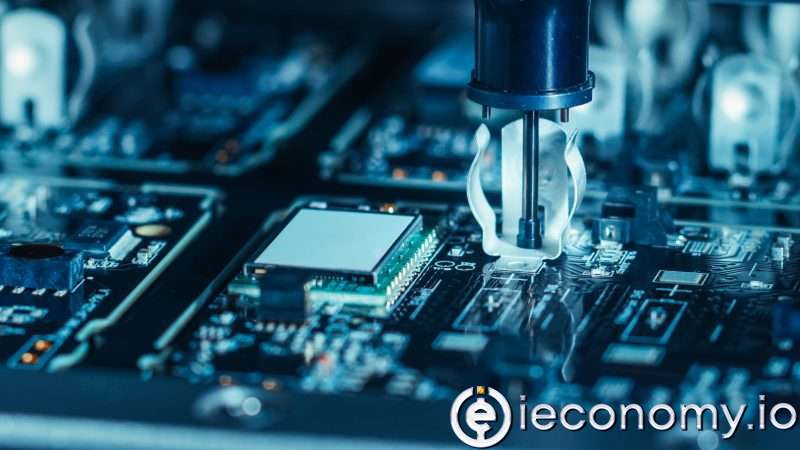The EU wants to increase chip production
Von der Leyen stated that for this amount of chip production, they will need to increase the current production in Europe by 4 times and...

Yayınlanma: 4 Şubat 2022 03:06
Güncellenme: 16 Şubat 2026 14:38
Von der Leyen spoke at the opening of the event called "Masters of Digital 2022," organized by the Brussels-based organization DigitalEurope, which represents technology companies.
Reminding that the chip shortage slowed the global economic recovery, von der Leyen said that the closure of chip factories in East Asia brought all production lines in Europe to a standstill.
Pointing out that chips are one of the most important elements in digital transformation, Von der Leyen stated that they will announce Europe's first chip law next week.
Emphasizing that chipless digital technologies are out of the question, von der Leyen said, "I want us to be a strong player in the entire chip value chain."
‘By 2030, 20 percent of the world's microchip production should be in Europe’
Ursula von der Leyen, noting that the chip market will grow twice in the next 10 years, said, "By 2030, 20 percent of the world's microchip production should be in Europe."
Von der Leyen stated that for this amount of chip production, they will need to increase the current production in Europe by 4 times and that the law they have prepared will significantly support chip investments.
Von der Leyen emphasized that with the chip law they prepared, the sector will attract more than 12 billion euros of additional public and private sector sanctions until 2030.
Reminding that European companies are already investing 6 billion euros a year in chips, von der Leyen said that they will increase this with the new regulation they have prepared.
‘Europe needs new and advanced chip manufacturing facilities’
Pointing out that Europe completely relies on foreign manufacturers for advanced chips, EU Commission President Von der Leyen said, "Europe needs new and advanced chip manufacturing facilities. These facilities have a large upfront cost. Therefore, public support to attract private sector investments may be necessary."
Von der Leyen stated that they will adapt the EU's public support rules to provide more support for chip investments. They will also facilitate the sector's access to finance.
Von der Leyen pointed out that the supply chain problem in chips has slowed economic growth and said, "The current situation where all industrial sectors depend on one or two manufacturers in East Asia is not sustainable. To change this, we will work on partnerships in the semiconductor field with like-minded partners such as the USA and Japan."




